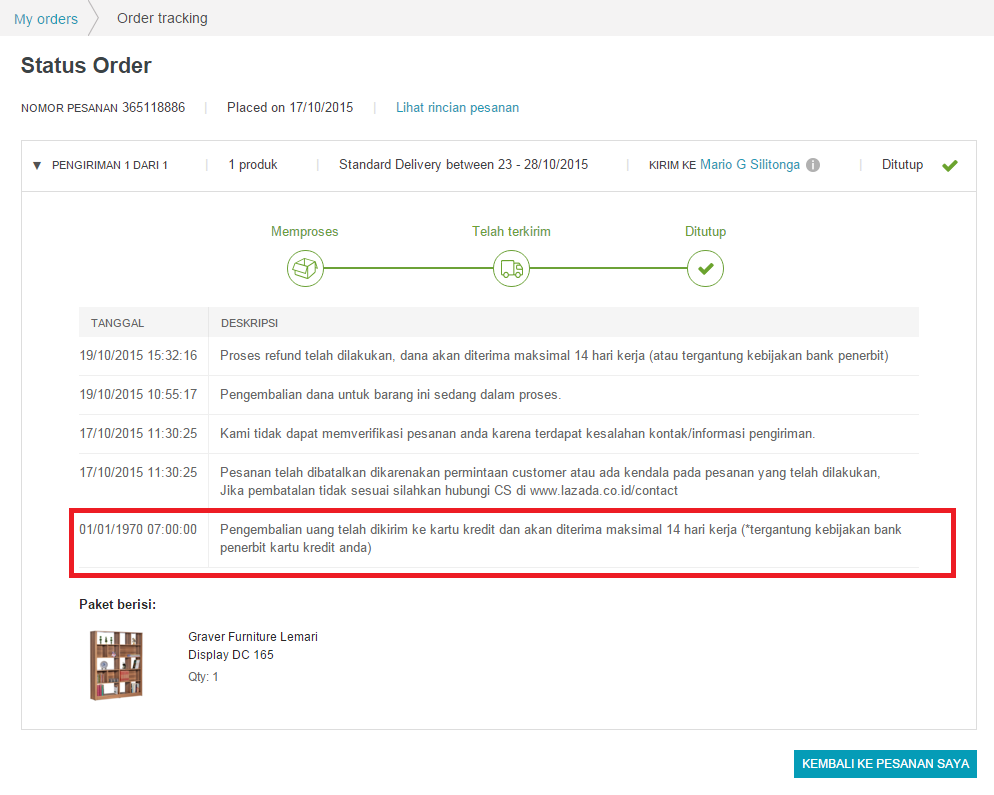

This might appear a biological model, but reiterates the Marxist idea that conditions contain the seeds of their undoing. To return to Marcuse, “the break with continuity (.) is not a mere invention but inheres in the development of the productive forces themselves” (Marcuse 1970: 65). If, for the sake of argument, that occurs in a human awareness of needs, it is a lengthy process (longer than Raymond Williams’ long revolution), and as if self-propelling. Unclear in Darwin what is meant by origin, but clearer that a process of minor and gradual differentiation takes place continuously. My question is whether it is viable to understand utopia as immanent – pervasive and inherent.

Marcuse finds himself unable to say how this happens, but in subsequent work seeks an exit from the impasse in a biological need for freedom, and emphasis on the role of an intelligentsia in the production of an imminent utopia. I recapitulate Marcuse’s argument, and note a difficulty raised by a question from the floor as to how tomorrow’s needs are established today. My point of departure is Herbert Marcuse’s lecture “The End of Utopia” in Berlin in 1967 (Marcuse 1970: 62-82). Herbert Marcuse: The End of Utopia and The. Scans of Herbert Marcuse's 1967 presentation Das Ende der Utopie with discussion and additional presentations. The second, The End of Utopia, takes the rare.


 0 kommentar(er)
0 kommentar(er)
